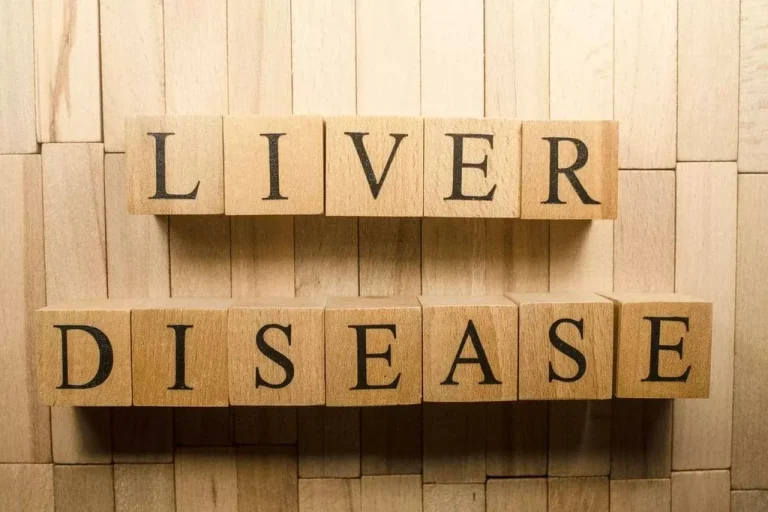
Committing to the alcohol recovery process is the best way to keep tremors at bay. Over time, your body adjusts to being alcohol-free, and you won’t experience withdrawal symptoms. Not drinking breaks the cycle of consuming and withdrawing from alcohol.
Preventing Alcohol Detox Shakes

The time it takes to detox depends on a few factors, including how much you drink, how long you’ve been drinking, and whether you’ve experienced alcohol withdrawal before. The treatment aims to help relieve your symptoms, reduce the chance of complications and, if DTs are bad, save your life. Sedatives, usually benzodiazepines, are medications used to treat alcohol withdrawal and DTs. If your symptoms can’t be managed with sedatives, your doctor may prescribe anesthesia so you will be completely sedated until your symptoms end.
- Benzodiazepines, such as diazepam (Valium) or lorazepam (Ativan), are commonly prescribed to reduce withdrawal symptoms and prevent complications like seizures.
- Alcohol shakes may be uncontrollable or painful, but this can vary from person to person.
- The higher the number, the worse a person’s symptoms are and the more treatments they likely need.
- You can choose to use these along with therapy and support groups to help you maintain your sobriety.
- He or she can guide you toward the safest, most comfortable, and most effective plan for your sobriety.
Getting help and support
For example, if you find evidence of a termite or bed bug infestation, it’s best to call in the pros ASAP before the pests can cause severe (and expensive) damage to your home and its contents. One factor to remember is that the discomfort of withdrawal is only temporary. This thought process can be a useful mental tool when the physical pain of withdrawal is most severe. There are many support options available that can help guide you through alcohol withdrawal, as well as abstaining from alcohol after withdrawal.
Alcohol Tremors Explained (Alcohol Shakes & What They Mean)
For many individuals in this situation, undergoing alcohol detox is crucial to safely manage and overcome withdrawal symptoms. The term alcoholic shakes is used to describe a common symptom of alcohol withdrawal in which the person experiences tremors or shakes. You don’t have to have struggled with alcohol for years or be dealing with a severe addiction to suffer the shakes. To better understand how to get rid of alcohol shakes, we first have to take an in-depth look at why they occur and what’s happening in the body when someone experiences these shakes or tremors. These shakes are a common symptom of alcohol withdrawal syndrome, which occurs as the body adjusts to functioning without alcohol.
- While alcoholic shakes may be a common condition for those struggling with alcohol addiction or long-term alcohol use, they’re not something to be taken lightly.
- When a person stops drinking alcohol, they may experience nervous system effects such as tremors.
- Individuals should be prepared to be uncomfortable during this period and have medical help available if needed.
- Several support groups provide help for people with drinking issues.
Medical Treatment for Alcohol Shakes
However, early diagnosis and treatment decrease the mortality rate to less than 5%. Hangover shakes can make certain fine motor tasks, such as eating, typing, or dressing, more challenging. A person might speak alcohol shakes with a shaky voice or have trouble holding items like utensils. As the alcohol leaves your body, however, your central nervous system, along with part of your sympathetic nervous system, remains unbalanced.
Don’t Go Through Detox Alone — Find Help Today


Signs of Alcohol Use Disorder
